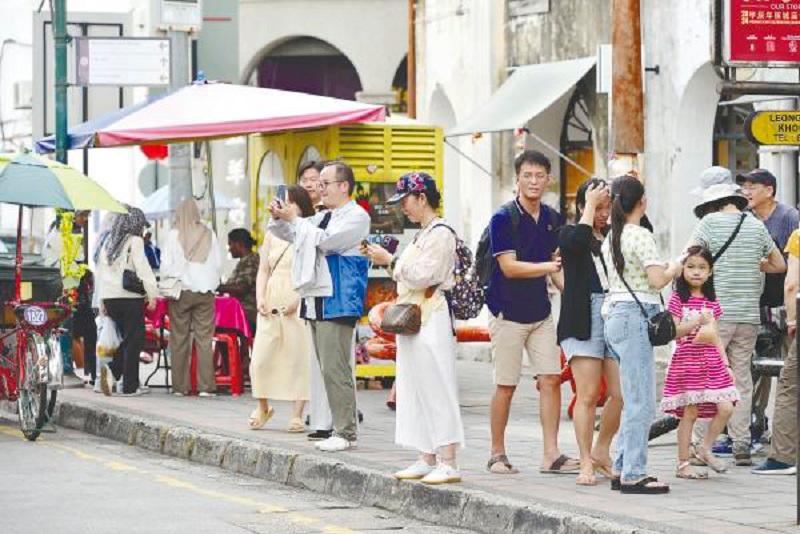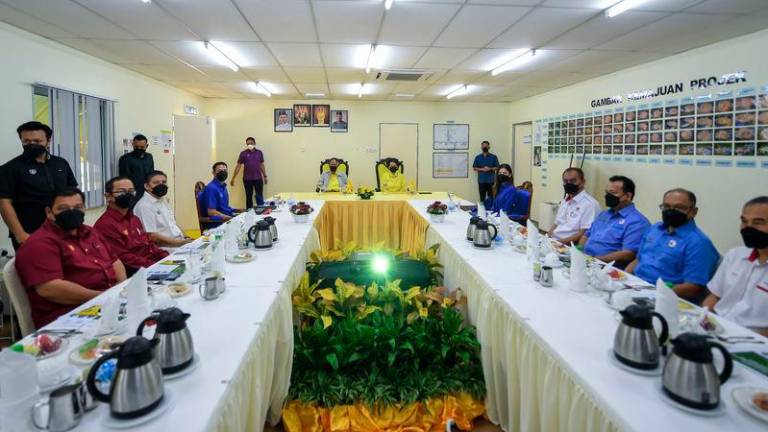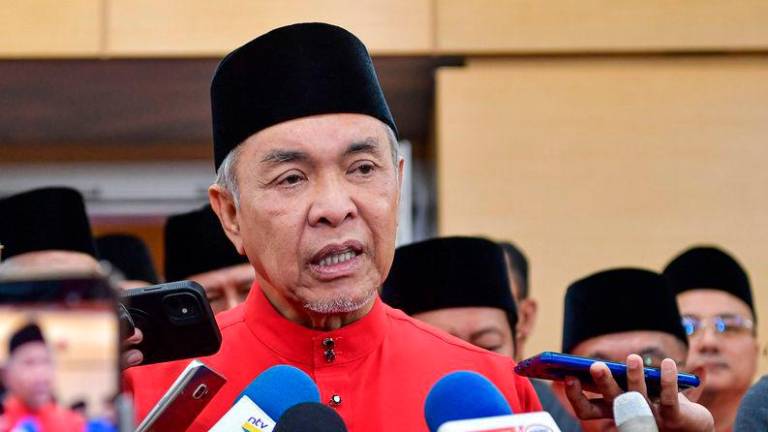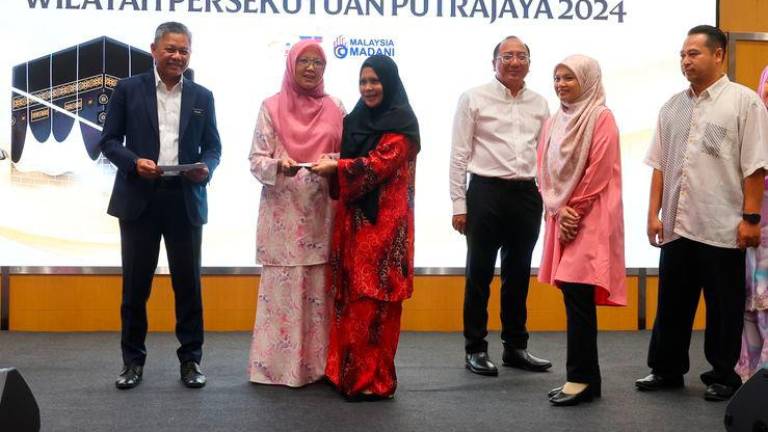GEORGE TOWN: Penang has recorded a 370% increase with 22,420 tourist arrivals from China in the first quarter of this year, compared to 4,767 in the same period last year, according to figures released by the Immigration Department in Penang on April 17.
Penang exco for Tourism and Creative Economy Wong Hon Wai attributed the spike to the visa-free policy and direct flights between Penang and China.
“These are only those who arrived via direct flights from China, while those who came via other means such as domestic flights from other states were not factored in,” said Wong.
There are currently 21 direct flights from China to Penang weekly, from different locations such as Xiamen, Guangzhou and Hong Kong.
“The frequency of flights from Guangzhou to Penang by China Southern Airlines will be increased to 14 flights per week starting June 20. Additionally, Juneyao Airlines will fly from Shanghai to Penang four times weekly starting May 31,” added Wong.
Several key industry players have welcomed measures to increase the frequency of China-Penang flights, describing it as a good move that would boost other affiliated sectors.
Association of Tourism Attractions Penang chairman Datuk Ch’ng Huck Theng said there is more that needs to be done to improve the first impression for arriving visitors.
“This includes our immigration process and baggage area. Toilets also need to be upgraded.”
Ch’ng added that it is important to ensure the expectations of visitors are fulfilled so that they would tell their friends about their good experience in Penang.
“We need to take proactive measures as the social media world is all about speed. We will either get ‘thumbs up’ very fast or ‘thumbs down’ just as fast, if we are not up to their expectations.”
Malaysian Association of Hotels vice-president Datuk Khoo Boo Lim stressed on the sustainability of increased flights and suggested improvements to Immigration and Customs services to ensure no negative situations arise due to the increase of tourist arrivals.
“We need to do our best to ensure the increased passenger load benefit all parties. If not, it will not be sustainable and risk being cancelled in the future,” Khoo said, adding that there has also been a rise in hotel occupancy.
“Chinese tourists do not usually opt for Airbnb, so there has been good hotel occupancy rates with the increased arrivals. I expect the occupancy rates would be even better in the next two quarters of 2024.”
Meanwhile, Overseas Living MM2H Sdn Bhd director Jessie Ong said although increased arrivals meant better business for tourism-related establishments and e-commerce, it would not have much impact on the Malaysia My Second Home programme.
“This is because the programme is still under review and is not open for applications yet,” she said, adding that the programme is a long-term social visit pass for foreigners who want to live in Malaysia.










